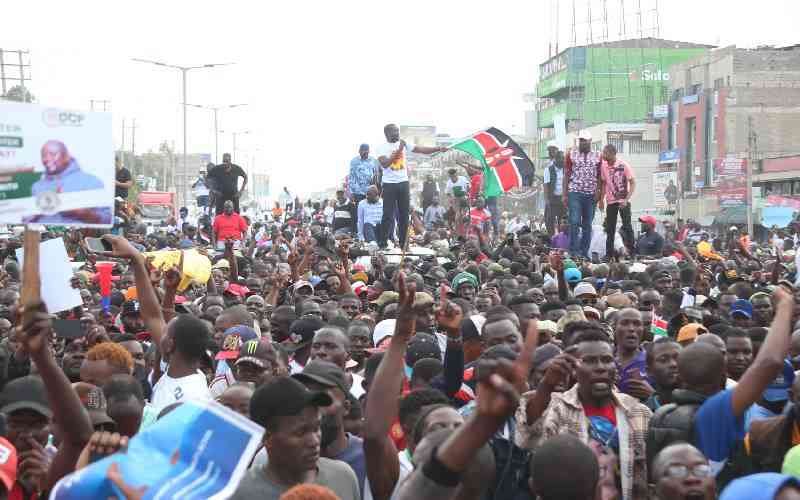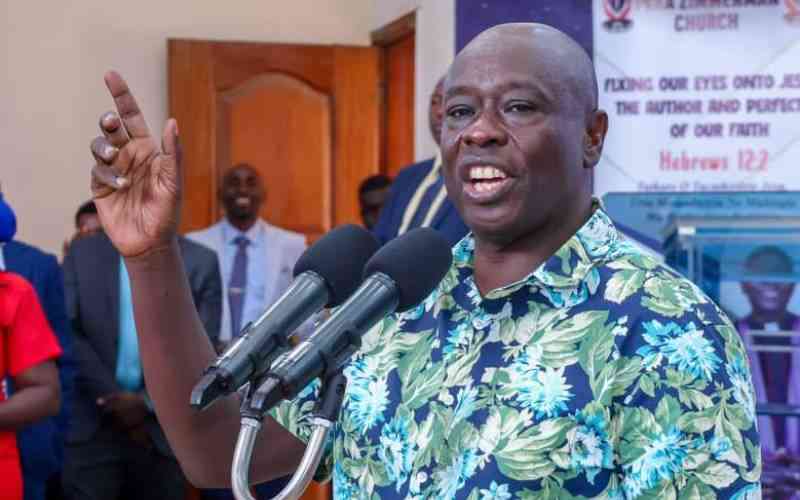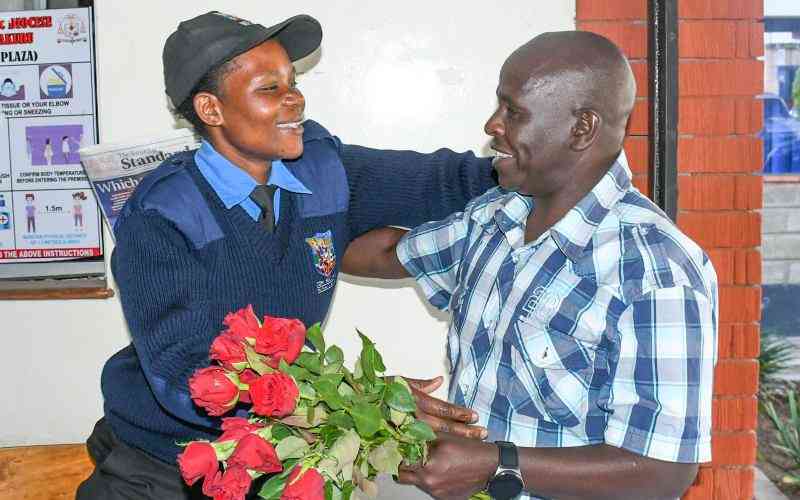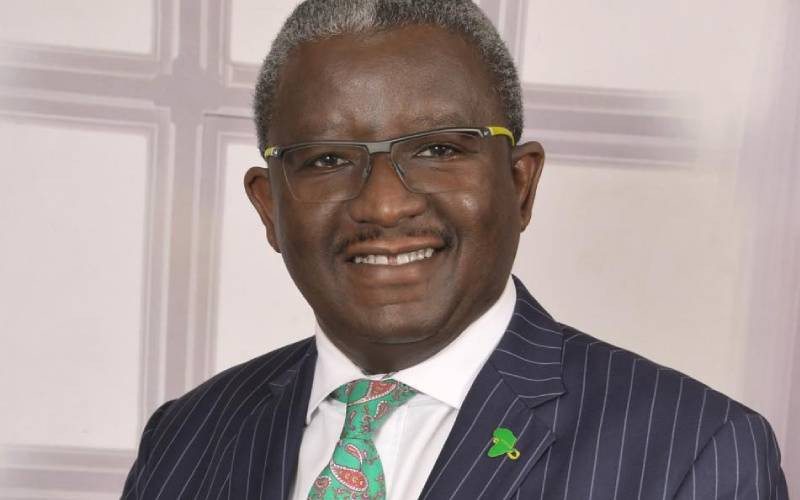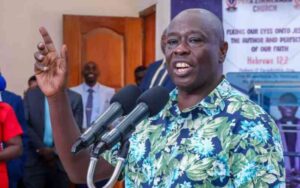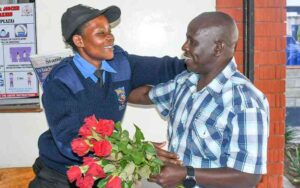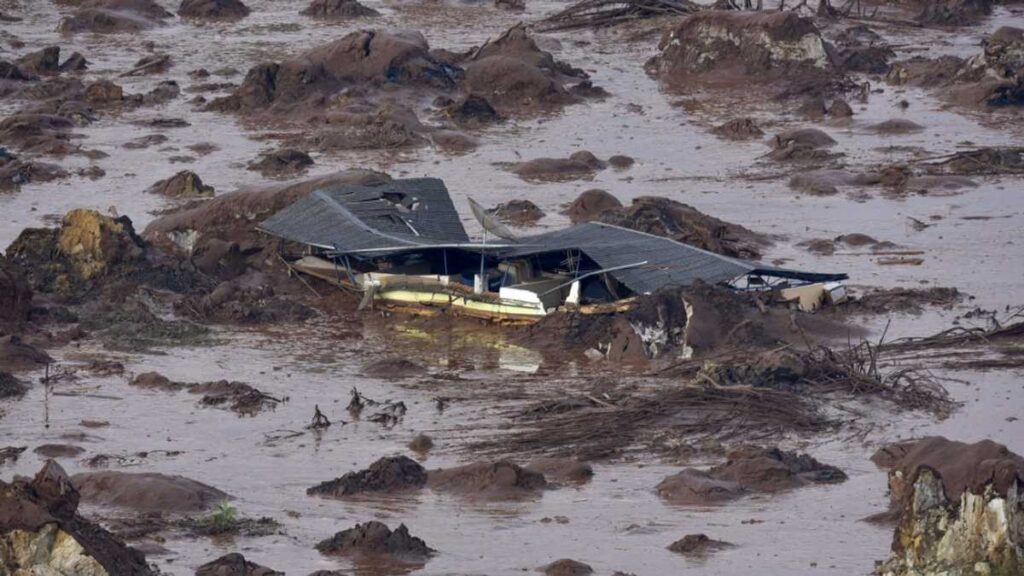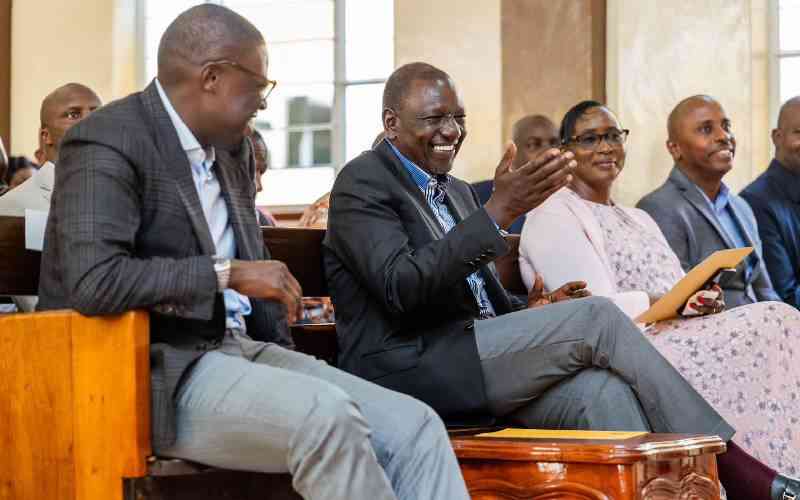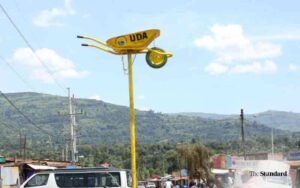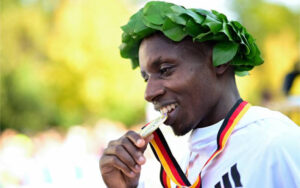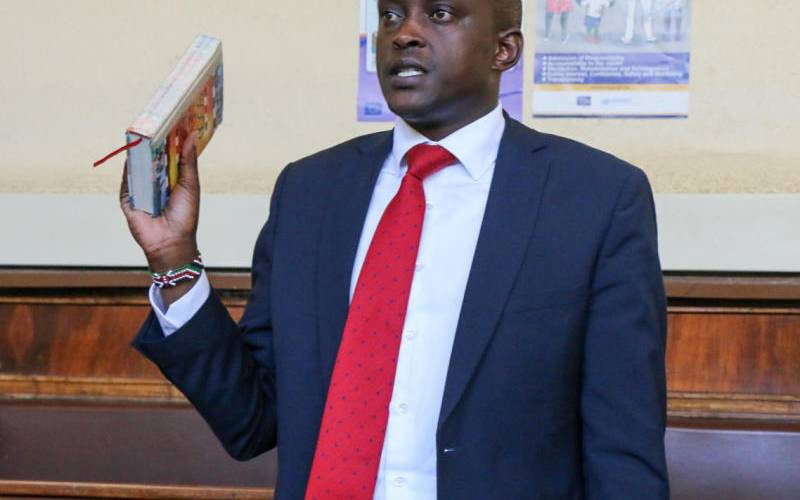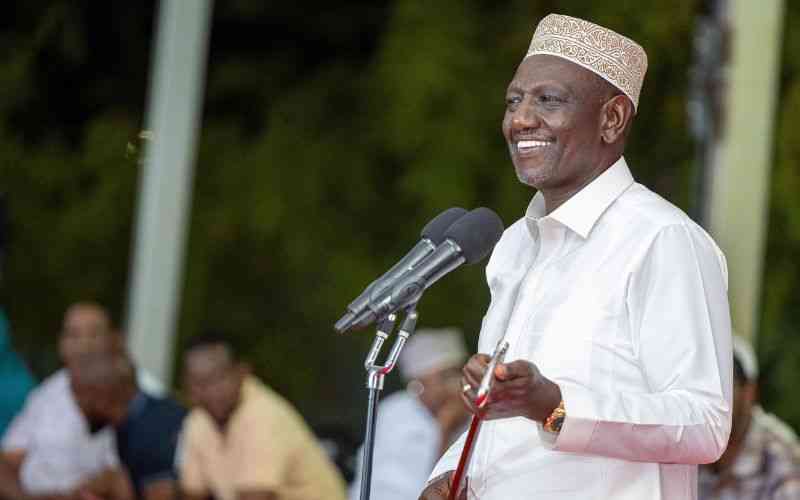From chasing a runaway cow in rural Kabati to earning global recognition for environmental leadership, Dr Isaac Kalua-Green has lived a life of striking contrasts.
The renowned Kenyan environmentalist, entrepreneur, and rural development advocate has now chronicled that journey in Green for Life, a memoir that blends confession, philosophy, and testimony across more than three decades of experience at the crossroads of conservation, business and politics.
The book is no ordinary autobiography. Structured in 56 chapters – each marking a year of lessons lived and learned – it traces Kalua’s path from humble beginnings to international influence under a central theme: moving from brokenness to boldness. Faith, resilience, and the voices of those who shaped him anchor the narrative, while a foreword by Prince Albert II of Monaco underscores its global resonance.
It is a story that reveals not just triumphs, but also struggles, mistakes, and candid lessons that Kalua hopes will inspire generations.
He opens with an unlikely symbol of survival: a cow named Katune. “My story began with a cow. People thought I was running after the cow, but truly I was running after my life. If that cow disappeared, I would not be here today,” he recalls.
As a student, his mother Deborah Kavuu’s cow was the family’s only asset. When school fees became unbearable, the animal was to be sold. Yet, in a dramatic chase through Kabati market, Katune ran away.
The story, though simple, sets the emotional tone for his journey. For Kalua, Katune represented resilience, hope, and kindness. “It made me understand that when I grow up, I need to treat everyone with kindness. Because sometimes, what you’re chasing is not a cow, but life itself.”
Unlike many public figures, Kalua refuses to conceal his scars. From reckless youthful spending in Europe to candid admissions of infidelity and alcoholism, he writes openly.
“Mistakes make us better. They marry you to problems, but also to solutions. Good people often allow bad systems to thrive because they remain silent. I want my story to show that vulnerability and truth can heal, inspire, and train others,” he insists.
This radical honesty, he says, is intended as a toolkit for the future, urging parents to allow their children to face issues hands-on.
“Enjoy making mistakes. Pay for them if you must, but never repeat them. That is how we grow.”
Much of Kalua’s life philosophy is shaped by his father, Bishop David Kalua, a prison warden and State House gardener whose diligence won him recognition from President Moi. His father, he recalls, always valued integrity and faith.
“My dad told me, ‘My son, you are like a pen. No matter how expensive, without ink, it is useless.’ He meant that no matter your title, your usefulness lies in your passion and the hope you bring others.”
Kalua’s own “green philosophy” — kindness, sustainable livelihoods, and stewardship of nature — was built on this foundation. It is also why he has worked alongside his family in business and philanthropy.
The book also reads like a political and social history of Kenya. Kalua narrates his experiences with leaders such as David Lagat, Kalonzo Musyoka to President William Ruto, and global networks through the Green Africa Foundation.
Stay informed. Subscribe to our newsletter
Candid moments
He recalls candid moments such as receiving a late-night phone call from then DP Ruto, or watching his father introduce a young Kalonzo Musyoka to President Moi in the State House gardens. Yet he insists the memoir is not about personalities but about issues. “I am not writing to attack people, but to confront the issues we have left unresolved as a nation. Whether it is Konza City land, governance, or forgiveness, these are the matters that shape our lives.”
Dr Kalua describes his book as a toolkit, a manual for resilience, problem-solving, and respect. “Every day you will face at least five problems. Every day you can choose to respect five people. If we can live in harmony and respect one another, Kenya will never be the same.”
The memoir has already attracted admiration from leaders and professionals. Former Cabinet Secretary Raphael Tuju remarked: “If someone was to be awarded the Nobel Peace Prize for Environment after Wangari Maathai, it would be Dr Kalua. His passion is unmatched, and this book captures that spirit,” said Tuju. “Dr Kalua’s Green for Life is a leadership manual. He does not just celebrate his achievements, he confronts failures, personal weaknesses, and systemic challenges with rare honesty.”
Prince Albert of Monaco, in his foreword, praises Kalua’s vision and courage, describing Green for Life as “a testament to the power of vision, perseverance, and a belief in the intersection of environmental sustainability, economic progress, and kindness.”
Reverend Rickey Allen Bolden, a former NFL athlete turned pastor, says Green’s philosophy carried the urgency of a coach’s rallying cry. “Disciplined in vision and powerful in purpose,” he reflected. “Green for Life summons us like players called onto the field.” Bolden saw in Dr Kalua a voice uniting nations and generations, especially young people yearning for respect and participation.
Sheikh Issa Othman Issa of Tanzania found in the book not just environmental wisdom but a call to spiritual responsibility. To him, ecological stewardship was inseparable from faith. “This message is one that our continent desperately needs,” he said.
Chip Ingram, CEO and teaching pastor of Living on the Edge, framed Isaac’s story through the lens of faith. He saw not just an environmentalist or an entrepreneur, but “a man whose life has been radically transformed by God.”



